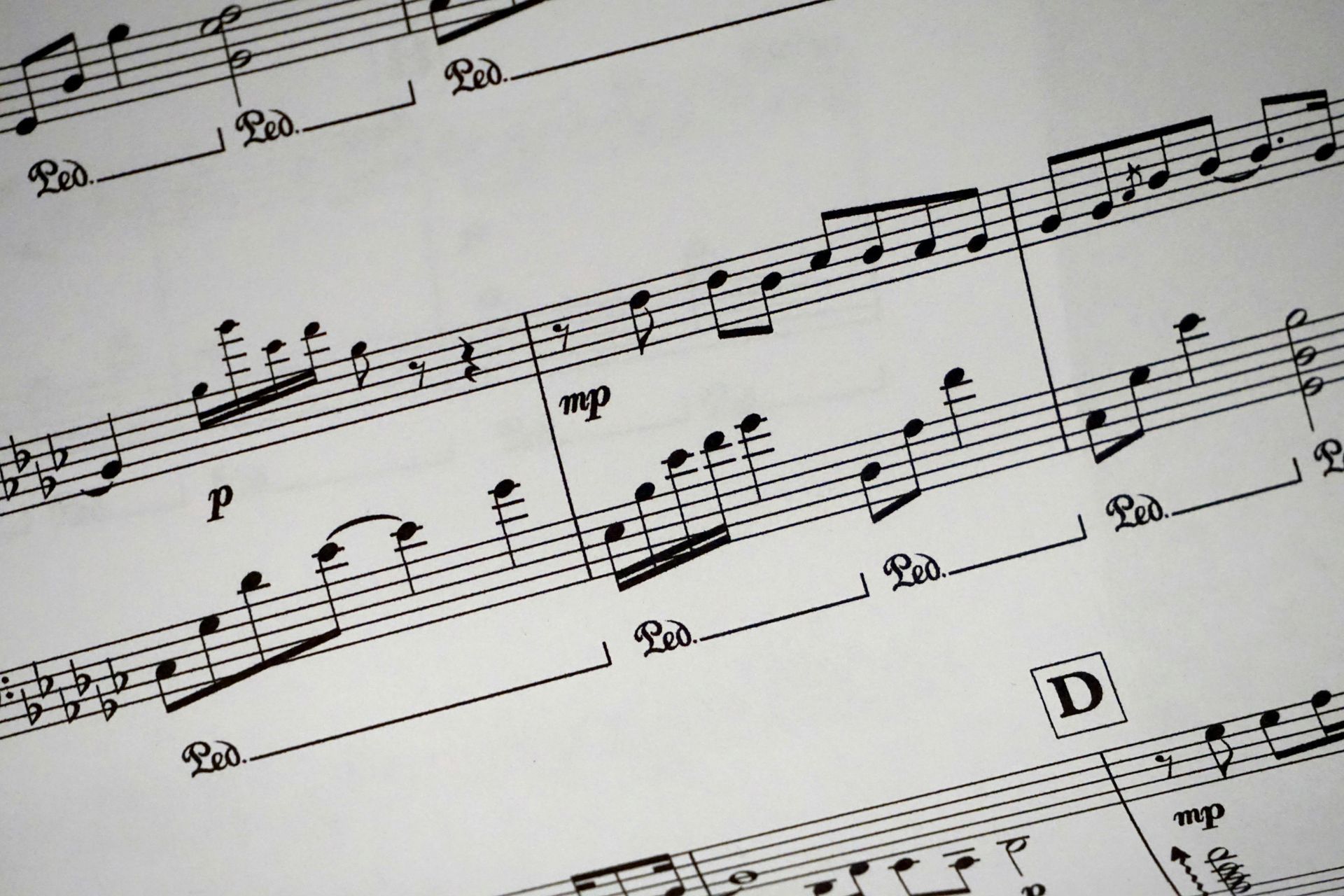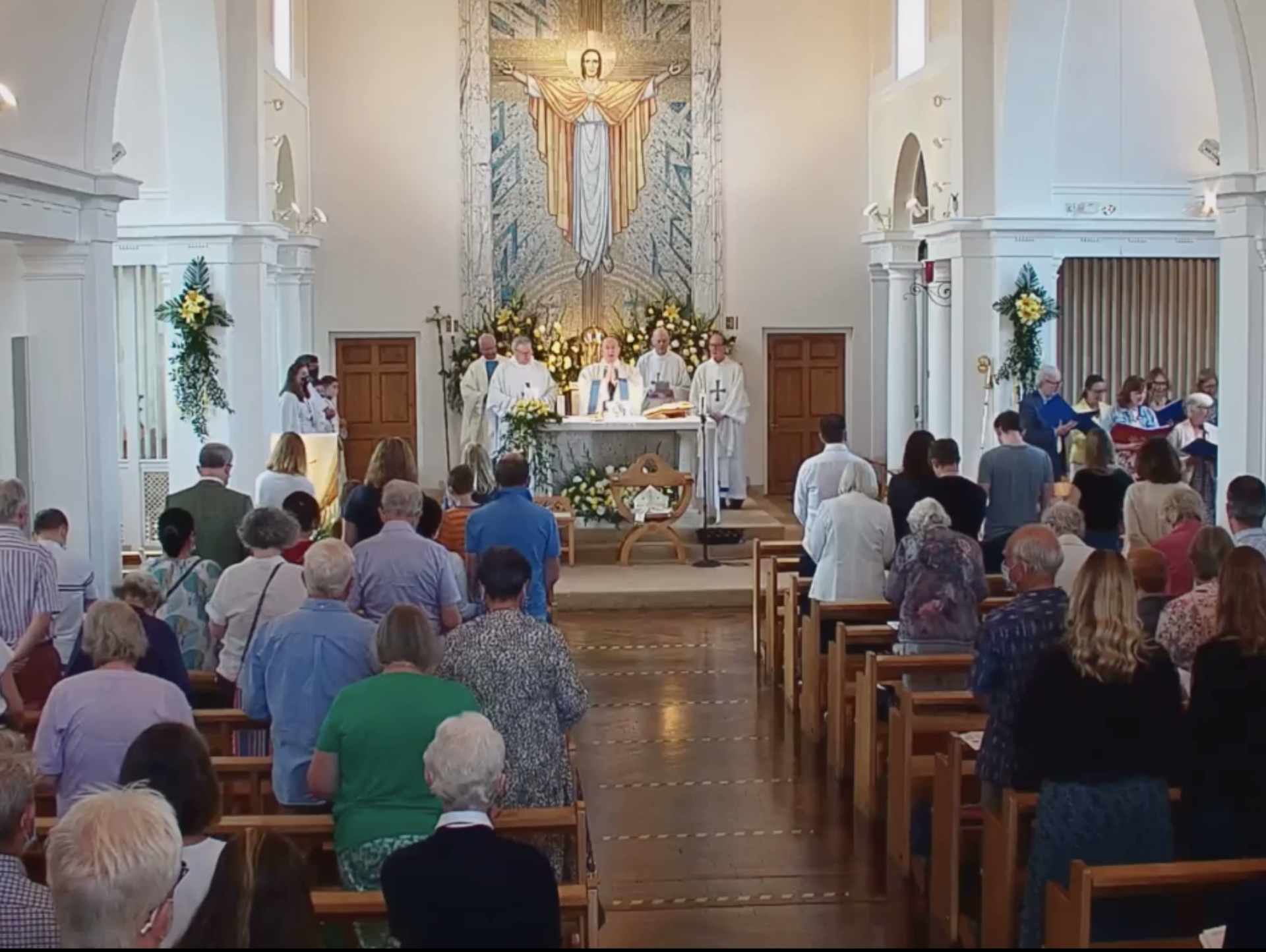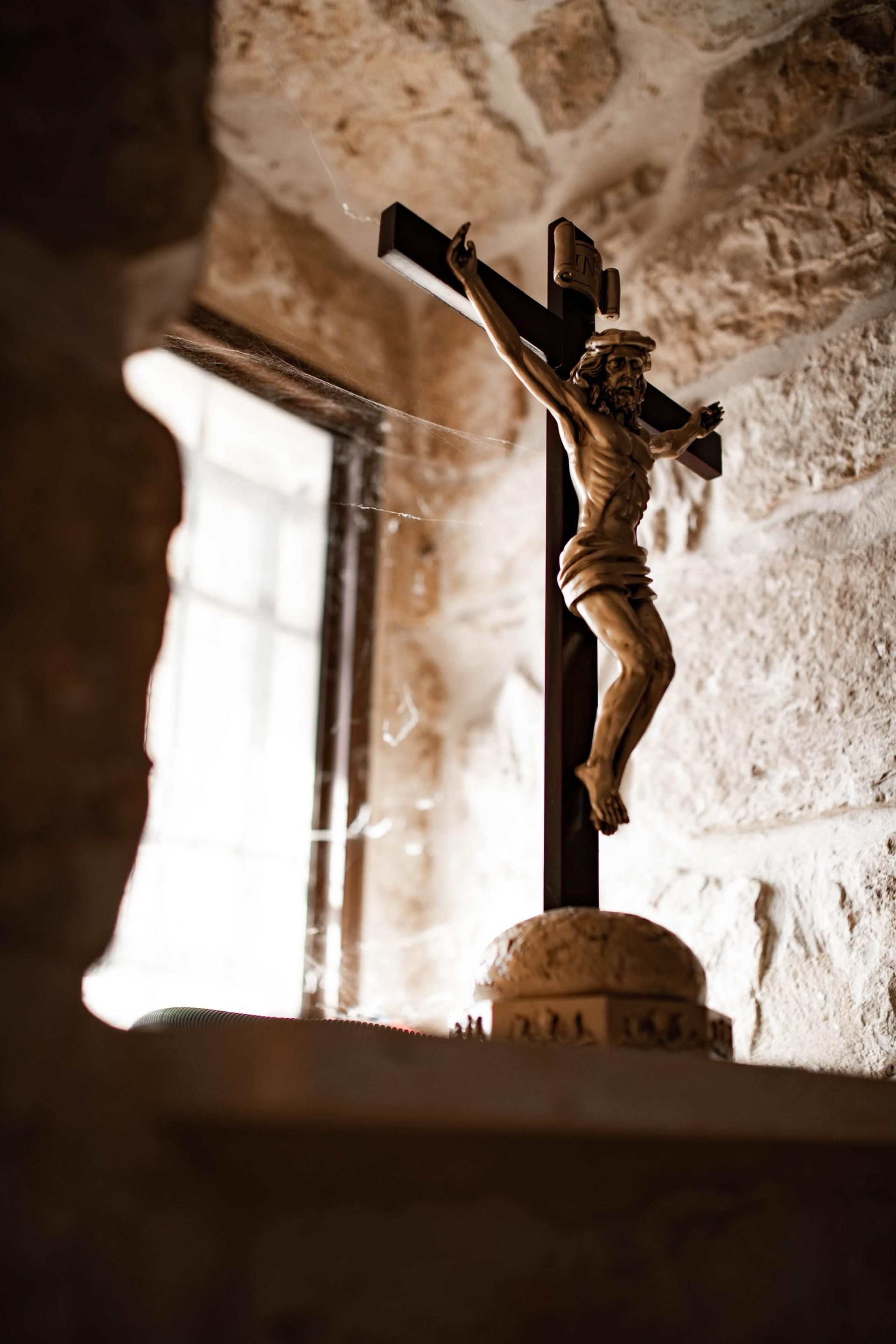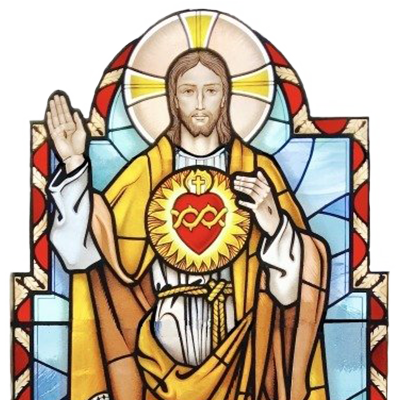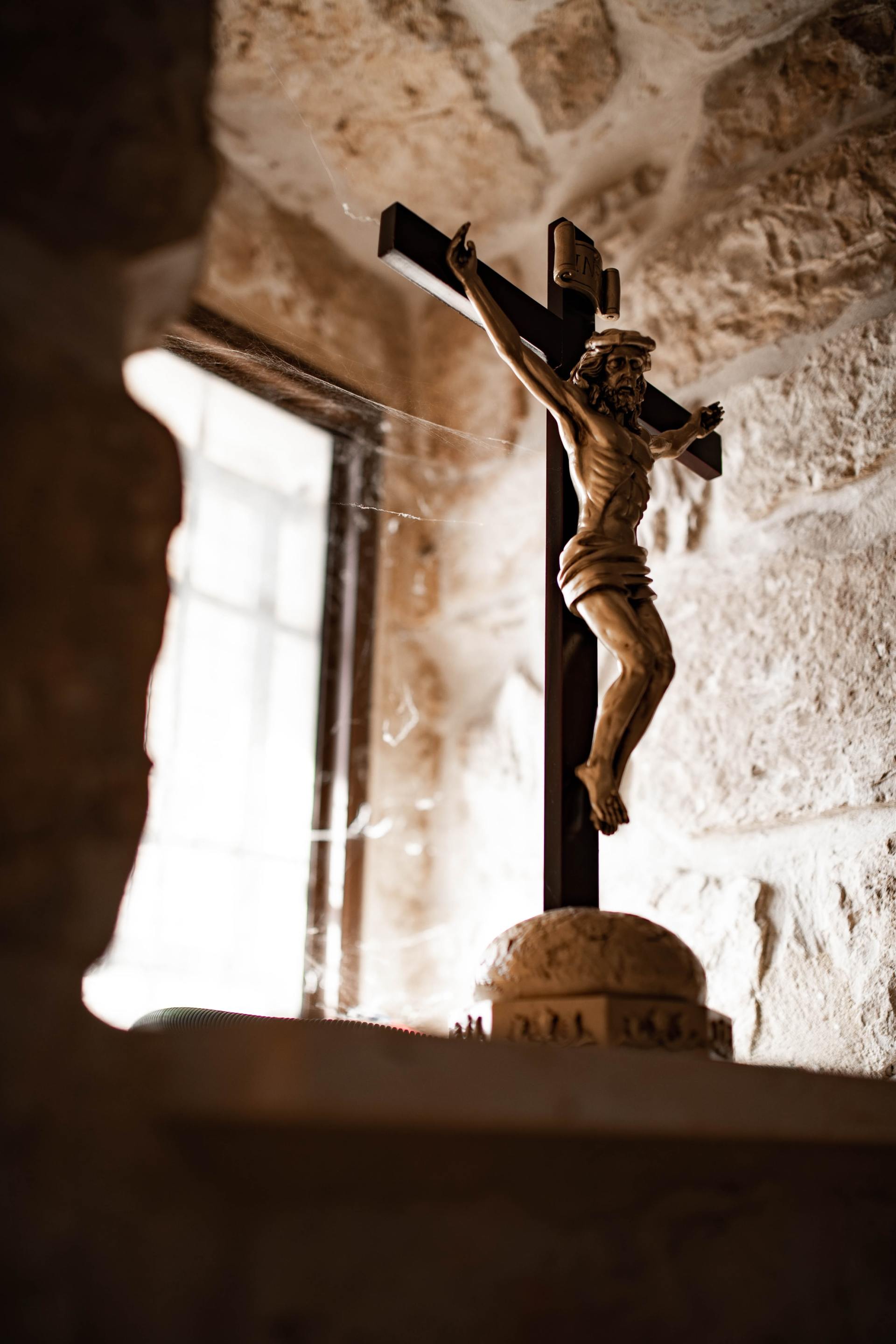By Webmaster
•
February 20, 2026
The musings of one of God’s smallest creatures on events in and around the Parish over the past seven days . . . . So, it has begun; Fr D always says that there are Ten things to remember during Lent . . . 1. Remember the formula. The Church does a good job capturing certain truths with easy-to-remember lists and formulas: Ten Commandments, Seven Sacraments, Three Persons in the Trinity. For Lent, the Church gives us almost a slogan - Prayer, Fasting, and Almsgiving - as the three things we need to work on during the season. 2. It’s a time of prayer. Lent is essentially an act of prayer spread out over forty days. As we pray, we go on a journey, one that hopefully brings us closer to Christ and leaves us changed by our encounter with him. 3. It’s a time to fast. With the fasts of Ash Wednesday and Good Friday, meatless Fridays, and our personal disciplines interspersed, Lent is the only time many Catholics these days actually fast. And maybe that’s why it gets all the attention. “What are you giving up for Lent? Hot dogs? Beer? Jelly beans?” It’s almost a game for some, but fasting is actually a form of penance, which helps us turn away from sin and toward Christ. 4. It’s a time to work on discipline. The forty days of Lent are also a good, set time to work on personal discipline in general. Instead of giving something up, it can be taking something positive on. “I’m going to exercise more. I’m going to pray more. I’m going to be nicer to my family, friends, and co-workers.” 5. It’s about dying to yourself. The more serious side of Lenten discipline is that it’s about more than self-control - it’s about finding aspects of yourself that are less than Christ-like and letting them die. The suffering and death of Christ is foremost on our minds during Lent, and we join in these mysteries by suffering, dying with Christ and being resurrected in a purified form. 6. Don’t do too much. It’s tempting to make Lent some ambitious period of personal reinvention, but it’s best to keep it simple and focused. There’s a reason the Church works on these mysteries year after year. We spend our entire lives growing closer to God. Don’t try to cram it all in one Lent. That’s a definite recipe for failure. 7. Lent reminds us of our weakness. Of course, even when we set simple goals for ourselves during Lent, we still have trouble keeping them. When we fast, we realise we’re all just one meal away from hunger. In both cases, Lent shows us our weakness. This can be painful, but recognising how helpless we are makes us seek God’s help with renewed urgency and sincerity. 8. Be patient with yourself. When we’re confronted with our own weakness during Lent, the temptation is to get angry and frustrated. “What a bad person I am!” But that’s the wrong lesson. God is calling us to be patient and to see ourselves as he does, with unconditional love. 9. Reach out in charity. As we experience weakness and suffering during Lent, we should be renewed in our compassion for those who are hungry, suffering, or otherwise in need. The third part of the Lenten formula is almsgiving. It’s about more than throwing a few extra pounds in the collection plate; it’s about reaching out to others and helping them without question as a way of sharing the experience of God’s unconditional love. 10. Learn to love like Christ. Giving of ourselves in the midst of our suffering and self-denial brings us closer to loving like Christ, who suffered and poured himself out unconditionally on the Cross for all of us. Lent is a journey through the desert to the foot of the Cross on Good Friday, as we seek him out, ask his help, join in his suffering, and learn to love like him.

